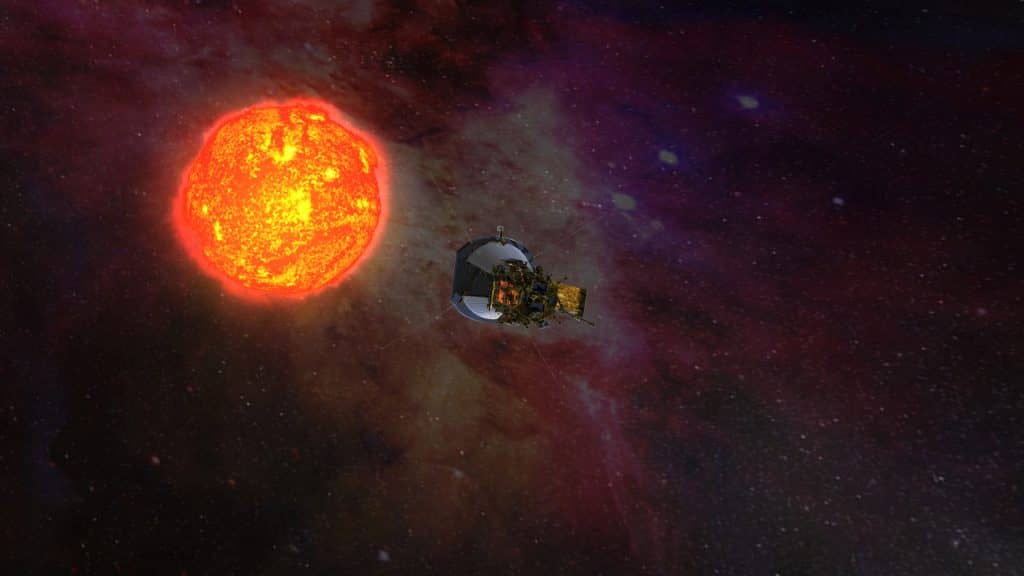When NASA made the first trip to moon nearly half a century ago, it was considered the most ambitious thing the humans had done so far. The same space agency had conducted countless other space mission ever since. As the aerospace companies like Lockheed Martin, Blue Origin, and Boeing propose high-tech spacecraft with minimized costs, space agencies are planning to make their way to other planets and probably even colonize Mars. While setting up a Mars colony is something we can not expect to happen anytime soon, NASA is prepping to announce an even bigger mission. The space agency will soon announce the launch of a solar probe that will fly “directly into our Sun’s atmosphere.”
The Solar Probe Plus mission will be announced on Wednesday (31 May). The probe will orbit the Sun within four million miles of its surface, with an ability to withstand heat and radiation, unlike any spacecraft ever created before.
The space agency released a statement saying, “The spacecraft will explore the sun’s outer atmosphere and make critical observations that will answer decades-old questions about the physics of how stars work. The resulting data will improve forecasts of major space weather events that impact life on Earth, as well as satellites and astronauts in space.”
The Solar Probe mission will break NASA’s record for getting closer to the Sun which was previously held by Helios 2 which was the second spacecraft launched by NASA to study the Sun in 1976. The craft got as close as 43 million km to the surface of the sun, but the Solar Probe Plus mission is planned to go much deeper than that. The mission is planned to launch by summer 2018, and fly past Venus seven times in 7 years and finally settle in an orbit around the sun. A carbon composite shield of 4.5-inch thickness will protect the spacecraft, facing temperatures as high as 1,377 degree Celsius.
As the mission will be announced tomorrow, NASA is expected to reveal more details.
We're making an announcement about Solar Probe Plus on May 31 at 11am EDT. Tune in on @NASA TV: https://t.co/ECEIXnuSer pic.twitter.com/rJsT81SNRt
— NASA Sun & Space (@NASASun) May 28, 2017

